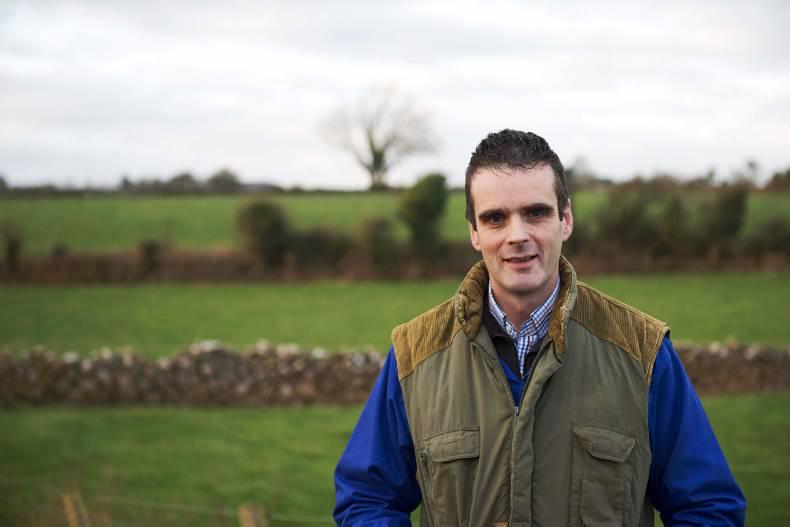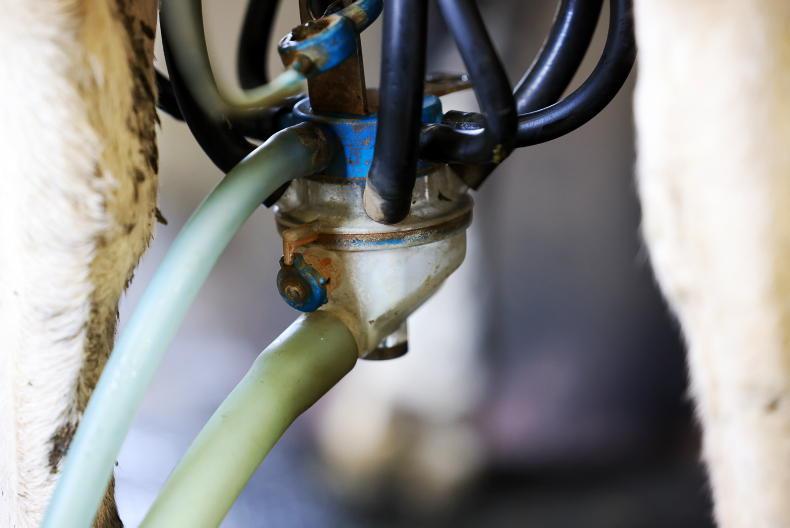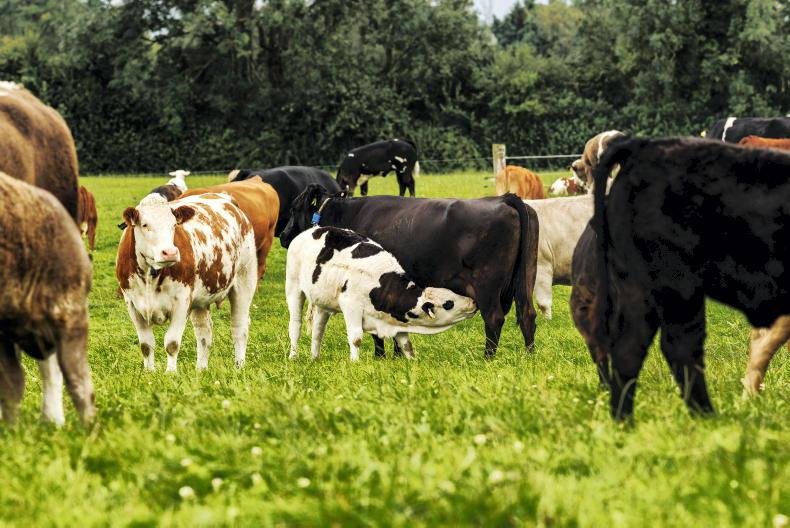Unlike in national politics, the IFA election has delivered a definitive outcome. Joe Healy will next week assume the role of president with Richard Kennedy taking the deputy position. Both men received a strong national mandate with support from voting farmers right across the country. It bodes well given the need for the organisation to unite farmers.
Healy and Kennedy bring experience to the roles, with each having previously served as president of Macra na Feirme. Given the challenges that lie ahead, there is no doubt that they will be required to draw on all of this experience.
We should acknowledge the roles of Henry Burns and Flor McCarthy in contesting the election for president, along with Pat Farrell and Nigel Reneghan, who stood for the deputy position. All four men deserve credit for participating in a robust but respectful election process and their commitment to Irish farmers in recent years should be acknowledged.
It was apparent from early on Tuesday morning that farmers were voting for change. However, as leaders of the organisation, Healy and Kennedy need to set their own agenda. While the most vocal are likely to prioritise internal reforms, the silent majority have only one item on the agenda for the IFA: reinstating credibility by getting back to defending farm incomes. The new leadership will not be thanked if they get mired in internal issues while milk prices collapse, the EU progresses trade deals with the potential to decimate our beef and pigmeat sectors, tillage farmers face into a fourth year where commodity prices are below the cost of production, and sheep farmers face ongoing low profitability concerns.
Europe – not Bluebell – is where Irish farmers need the IFA president now, building relationships with key member states that allow the organisation to lobby effectively on securing a logical response to the dairy and pigmeat crises and to prevent the European Commission from opening the EU market up to cheap beef imports.
Of course, the serious deficiencies that led to the resignation of former general secretary Pat Smith and Eddie Downey as president must be addressed. Most were centred on failings in corporate governance – all can be quickly addressed. A sub-group should be established with independent expertise to put forward recommendations to the president.
The issue of appointing a new general secretary is certainly more complex and further complicated by outstanding legal issues. It is a pivotal appointment and one that should not be rushed. The organisation has experienced executives and a national executive structure capable of managing the direction of travel over the coming months. Given the recent glare of the national media, careful consideration should be given in relation to the most appropriate time for the organisation to appoint a new general secretary.
There is no doubt that the organisation will continue to be probed and poked in the wake of last November. But farmers need to ask a simple question: do they feel their interests will be best served by continuing to rake over the coals or by getting behind the incoming leadership and supporting them in their defence of Irish farmers – at national and EU level.
Clearly it is time to get the IFA back to the business of defending farmers. It is great to see Joe Healy hitting the ground running. We wish those appointed to new positions all the very best in the years ahead.










SHARING OPTIONS